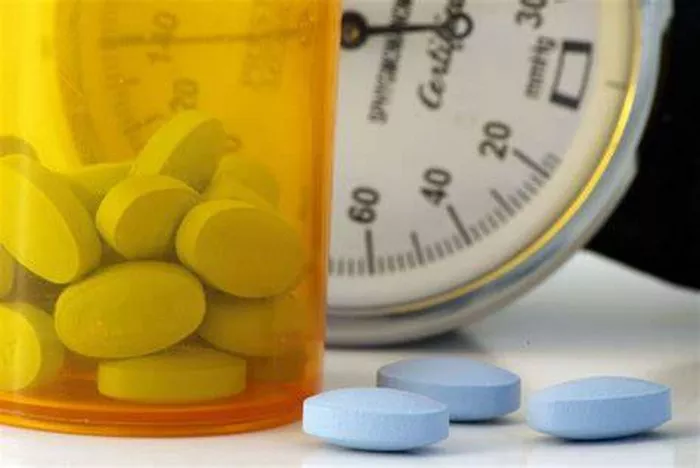High blood pressure, also known as hypertension, is a common medical condition that affects millions of people worldwide. It is a significant risk factor for cardiovascular diseases such as heart attacks and strokes. Managing blood pressure often requires medication, but many people wonder about the best time to take these medications for optimal effectiveness. In this article, we will explore the factors influencing the timing of blood pressure medication, the importance of consistency, and guidelines for taking these medications effectively.
Understanding Blood Pressure Medications
Before delving into the timing of blood pressure medication, it’s essential to understand the types of medications commonly prescribed for hypertension. These medications work in various ways to lower blood pressure and reduce the risk of complications:
1. ACE Inhibitors: These medications inhibit the angiotensin-converting enzyme, relaxing blood vessels and lowering blood pressure.
2. ARBs (Angiotensin II Receptor Blockers): ARBs block the action of angiotensin II, a hormone that narrows blood vessels, leading to lowered blood pressure.
3. Beta-Blockers: Beta-blockers reduce heart rate and cardiac output, thereby decreasing blood pressure.
4. Calcium Channel Blockers: These medications prevent calcium from entering the heart and blood vessel cells, leading to relaxation of blood vessels and lowered blood pressure.
5. Diuretics: Diuretics help the body eliminate excess sodium and fluid, reducing the volume of blood and lowering blood pressure.
Importance of Consistency
Consistency in taking blood pressure medication is crucial for effective management of hypertension. Skipping doses or taking medications at irregular times can lead to fluctuations in blood pressure, which may increase the risk of complications. Therefore, healthcare providers emphasize the importance of adhering to prescribed medication schedules.
Factors Influencing Timing
The optimal timing for taking blood pressure medication can vary depending on several factors:
1. Medication Type: Different classes of blood pressure medications may have varying optimal timing. For instance, diuretics are often recommended to be taken in the morning to avoid frequent urination at night, while ACE inhibitors may be taken at any time of the day.
2. Individual Health Conditions: Certain health conditions or symptoms may influence the timing of medication. For example, if a person experiences dizziness or lightheadedness upon standing (orthostatic hypotension) as a side effect of blood pressure medication, taking the medication at bedtime may be recommended to minimize this effect.
3. Lifestyle Factors: Lifestyle factors such as meal times, physical activity, and sleep patterns can also impact the timing of blood pressure medication. It’s essential to consider these factors when determining the best time to take medication.
4. Medication Interaction: Some medications may interact with each other or with food, affecting their absorption and effectiveness. Healthcare providers consider potential interactions when prescribing and advising on medication timing.
Guidelines for Taking BP Medication
While specific recommendations may vary based on individual health factors, several general guidelines can help optimize the effectiveness of blood pressure medication:
1. Consistency: Take blood pressure medication at the same time(s) each day as prescribed by your healthcare provider. This helps maintain consistent blood levels of the medication.
2. Follow Instructions: Follow your healthcare provider’s instructions regarding whether to take medication with or without food, and any other specific guidelines.
3. Avoid Skipping Doses: Missing doses can lead to blood pressure fluctuations. If you forget a dose, take it as soon as you remember unless it’s close to the time for your next dose. In that case, skip the missed dose and resume your regular schedule.
4. Monitor Side Effects: Be aware of potential side effects of your medication and inform your healthcare provider if you experience any concerns.
5. Timing Based on Medication Type: Follow recommendations for specific medication types, such as taking diuretics in the morning or ACE inhibitors at a consistent time each day.
6. Consider Individual Factors: Discuss any individual health conditions, symptoms, or lifestyle factors that may impact the timing of your medication with your healthcare provider.
Conclusion
Determining the best time to take blood pressure medication requires consideration of medication type, individual health factors, and lifestyle. Consistency in medication adherence is key to effectively managing hypertension and reducing the risk of cardiovascular complications. Consulting with a healthcare provider for personalized guidance and following prescribed instructions can help optimize the effectiveness of blood pressure medication.


